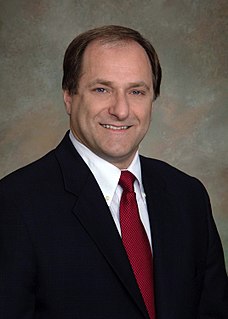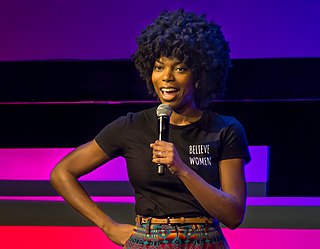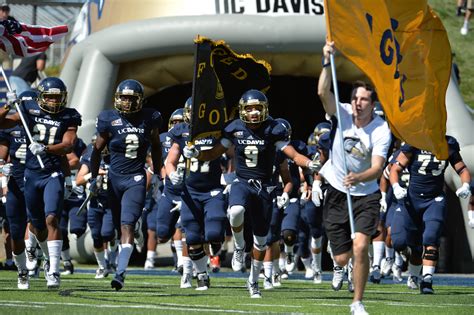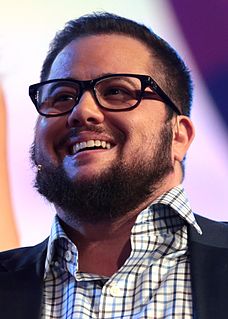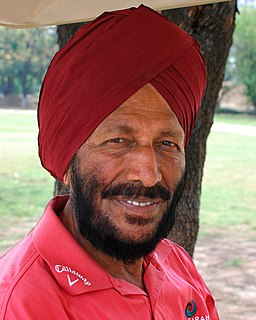A Quote by Kimberle Williams Crenshaw
A lot of people think that intersectionality is only about identity. But it's also about how race and gender are structured in particular workforces.
Quote Topics
Related Quotes
Intersectionality has made an important contribution to social and political analysis, asking all of us to think about what assumptions of race and class we make when we speak about "women" or what assumptions of gender and race we make when we speak about "class." It allows us to unpack those categories and see the various kinds of social formations and power relations that constitute those categories.
Why would one's identity be a matter of feelings? I think that that's a misuse of terms, philosophically. Identity is mind independent. It's something that is objective, regardless of how you feel. So, the term gender identity seems to me to be something of an oxymoron. It's not really about one's identity. It's rather a matter of one's self-perception or one's feelings about oneself.
She [Hillary Clinton] knows the people well. I think there is - you know, also talking about breaking down barriers and talking about that, whether we`re talking about that in economic terms. I mean, she`s the only person who has been out there talking about white privilege and talking about sort of the intersectionality of some of these issues.
'RuPaul's Drag Race'... is very little about boys who dress up in girls' clothing: it's very much about grit, integrity, heart, power of perseverance, and the power of love. It's also opening a dialogue up about the persecution and the marginalization of trans people, of queer people, of gender non-binary and gender fluid people.
What does it mean to be an American today? The question of that is always pointing at now. It allows someone to say what lens that will be through. A lot of my work has been about identity in different ways. Part of that for me falls into the question of gender identity certainly but also about what it means to be an American theater artist.
What "Make America Great" means is it doesn't mean race, and it doesn't mean gender, and it doesn't mean sexual orientation, and it doesn't mean anything identity politics related that seems to appeal to the Democrat Party. It's about a culture. It's about an identity. It's about an idea - the American idea, the American ideal.
I think that it is too common for white feminists to say, 'We want some diversity. Come join our movement about gender, but we want you to check the class and race at the door.' And you can't undo that braid of race, class, and gender: all three intersect with each other, so it's important for more education to be done about that.
I was raised in Georgia, Alabama, and Mississippi. And I think that has practically everything to do with, you know, my formative years. I'm also black. So, this is what we're talking about, intersectionality, right? I'm also queer. And I'm also non-binary. And I think all these cultures have contributed to every essence of my being.



